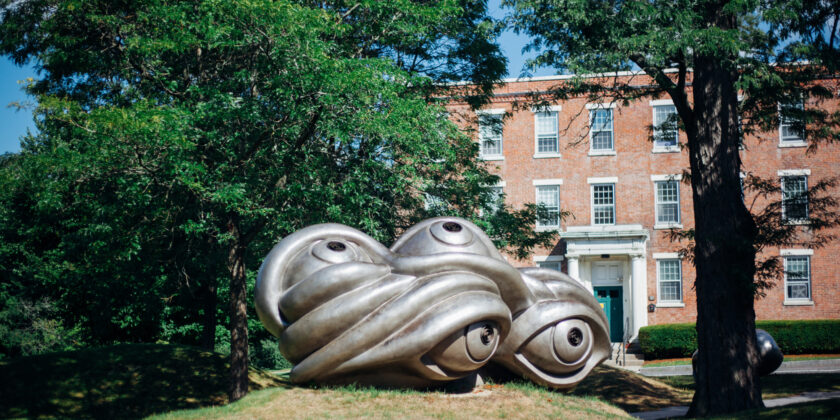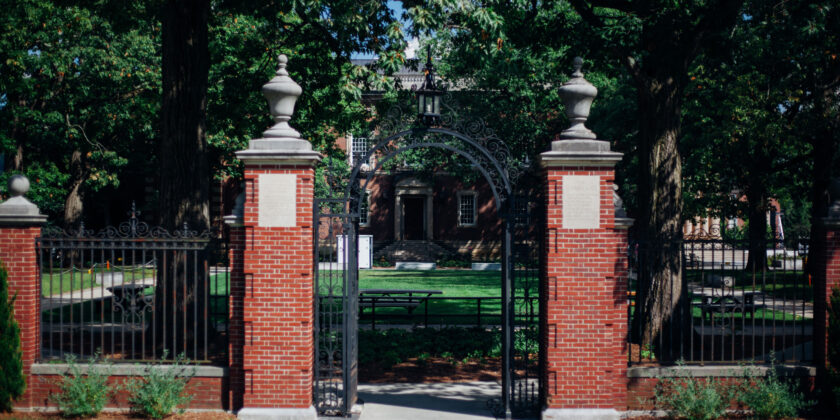Your personal statement should uniquely reflect who you are, what you value, and how you think—while also engaging and even surprising the reader.
You may be thinking, “Nothing much has happened to me! How can I surprise the reader?” Well, one of the biggest myths about the personal statement is that you can’t write a good one unless you have a “big” or tragic story to tell: “I was on my way to becoming a professional skater before I shattered my ankle,” or “I overcame a life-threatening disease then founded my own nonprofit to fund research on that disease.” While an experience like this could make for an excellent (though painful) personal statement, it could also make for…a boring essay. Although it’s sad to say, admissions officers have read many of these stories and therefore aren’t surprised or even moved by them.
Just think about it: admissions officers read thousands of essays every year, year after year. To get through them all, they have to read quickly, stopping once they figure out which “pile” you belong in (yes, no, or maybe). Your goal is to force that reader to slow down, even stop—to make them want to read your essay, to make them think, “I’ve never seen this before!” Admissions officers are more likely to have seen the “big” stories before—every year, they read thousands of essays about sports injuries and divorces, about Eagle Scout projects and difficult classes. Often, the best way to surprise the reader is to think small—to write about an unusual hobby (Sample Essay 6 in The Complete College Essay Handbook) or passion (Sample Essay 5 in The Complete College Essay Handbook)—or to write about a more common experience in an unexpected way, like discussing your parent’s divorce in the context of a violent protest (Sample Essay 4 in The Complete College Essay Handbook). Surprise can also be contextual. A varsity soccer player writing about varsity soccer? Not surprising.
A note: not all surprises are created equal. There is the pleasant, gentle “surprise party” kind of surprise, and then there is shock, which can be invoked through violent images or vulgar confessions, and which produces negative emotions—fear, disgust, anger, and more.
And…not all topics are created equal: some are very common and therefore boring, while others are too complicated to tell in 650 words or highlight privilege. You might want to reconsider writing about these for the CA essay:
- Academic performance (test prep, getting an “A” in a hard class)
- The college admissions process
- Death of a grandparent or a favorite pet
- Events your parents or grandparents lived through before you were born
- Service trips abroad
- Sports and sports injuries
- Drama in your friend group
- What you did the summer before 12th grade
- A story that begins and ends before 8th grade—i.e. “When I was 10, this thing happened, and it changed me in these ways. The end.”
Occasionally, students do have exceptional stories within these topics. For instance, maybe your grandmother raised you as if you were her own child and so her death hit you particularly hard, or maybe your parents’ stories of living through the fall of the Soviet Union sparked your consuming passion for history, or maybe failing trigonometry truly changed your life. Trust yourself to know if your story falls into one of these exceptional categories, and ask a friend if you aren’t sure.
That said, there are a few topics you should never ever write, for the personal statement or the supplemental essays, about because they act as red flags to admissions readers and will likely prevent your application from being seriously considered. These include:
- Sex
- Drugs/alcohol
- Rock n’ Roll (just kidding… this is fine, actually, we welcome it!)
- Serious and unresolved mental health issues
- Actual or borderline criminal behavior
- Extremely controversial ideas or beliefs (in conspiracy theories, for instance)
Note that all of these are only red flags if they are about you—your mental health issues, your consumption of drugs or alcohol, your controversial beliefs. It is fine to write an essay that engages with one of these topics from a distance (e.g., your brother was an alcoholic, a friend pressured you to engage in risky behavior, but you refused) so long as you are still writing about your experience of that situation.
*Stay in the know! Subscribe*






